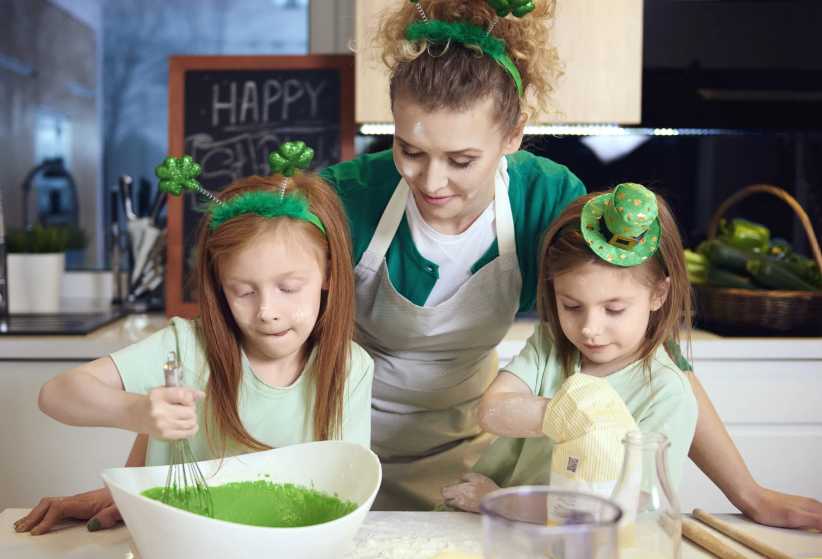Maria Rago wishes parents could just relax and avoid restricting their children from their Halloween candy haul.
“If people could just allow themselves to have a little candy and not make a big deal out of it and have it in addition to the nutritious things they eat throughout the day or week, it can be no big deal,” she said. She should know. In addition to being a mother, Rago holds a doctorate in psychology and is the president of the National Association of Anorexia Nervosa and Associated Disorders.
“People get this idea they have to micromanage everything they eat and everything their kids eat, and frankly, it takes the joy out of life,” she added.
Welcome to the Eating Season. It begins as soon as we turn our calendars to October and lasts three months. It’s a time when we receive mixed messages and then the guilt piles on. Eat! Drink! Celebrate! But don’t overdo it! How many steps to walk off a fun-size candy bar?
It’s enough to drive a person batty.
When it comes to Halloween candy, today’s parents tend to be stricter than previous generations. It’s not uncommon for (usually) moms to allow a few pieces of candy on Halloween night and a few days afterward, then take it away for good. But Rago thinks back to a simpler time when candy wasn’t fraught with emotion.
“When we grew up, most kids were not heavy, and we put the candy in our rooms, and we just ate it whenever. It didn’t mean anything to us. Now, we act as if it’s poison.”
She recommends more intuitive eating — becoming aware of the body’s inner cues such as hunger and fullness — and eating foods that appeal to you when you feel hungry, so that candy is not such a big deal when it IS around.
Yet, some children do need to have limits put on their candy consumption.
“If you have a home with a lot of food rules and a lot of anxiety about the candy, that child might be vulnerable to eating a lot of it, because they’re not usually able to,” says Rago. In this case, putting a reasonable limit on candy consumption — say two or three small pieces a day — can help spread it out until the time when it turns stale or the child has lost interest.
By then, you’ll have another holiday’s excesses to worry about!
Christine Palumbo is a Naperville, Ill.-registered dietitian nutritionist and Fellow of the American Academy of Nutrition and Dietetics. Follow her on Twitter @PalumboRD, Facebook at Christine Palumbo Nutrition, or Chris














